Step-by-Step Guide to Mobile App Development for Kids: Easy Ways to Start With
Step-by-Step Guide to Mobile App Development for Kids: Easy Ways to Start With
Nowadays, app development for kids is more than just a fun trend; it is a useful activity that fosters creativity, thinking, and problem-solving. Children are innately curious, and learning how to make an app for kids is an excellent way to channel that curiosity into creating something both useful and entertaining.
Through platforms such as MIT App Inventor and Scratch,app development classes for kids have become more accessible. These software are based on drag-and-click environments and children can be instructed to concentrate on ideas, not complicated source code. No matter whether the simple calculator app or the colourful game, children can transform their ideas into practical applications. Mobile app coding has never been more accessible for young learners as they begin to understand how to code a mobile app at an early age.

Introduction to App Development for Kids
It is the child's mobile app development for kids that makes it easy to design software for other mobile devices, tablet devices, or computers. Through app development classes for kids, children will learn how to create the layout of an app, include interactive functionalities, and test their designs on Android devices or on iOS apps.
For example, a child can use MIT App Inventor to build a weather app that displays the current temperature and forecasts in real time. They drag pre-defined boxes to configure the app builder for features such as localization and data updates. This teaches them how to code a mobile app, and they begin to understand how to learn app development through hands-on experience. As they progress, they may even explore how to make a fun and educational app for kids.

All this contributes to helping children understand app development for kids, problem-solving, and critical thinking in a fun way, for instance. It is also a doorway into more complex tools such as Android Studio or frameworks such as React Native for building mobile and desktop apps together.

Why App Development Classes for Kids Are a Great Starting Point
App development courses provide both formal learning and practical experience in creating software.
Personalized Guidance
Classes adapt to each child's pace. So, some kids master the tech, like coding syntax and using App Inventor to create apps, which is an excellent introduction to app development for kids.
Children imagine apps to solve daily problems or to realize their creative ideas. They say app developers can make an app to organize schoolwork. It could also be a game that quizzes them on math facts, or something else.
Interactive Learning
Children undertake projects such create apps such as game quiz apps, diary apps, designing app building their own app, etc. These classes use interactive lessons to keep learning exciting and relevant, such as how to code a mobile app.
Programming for android apps requires step-by-step reasoning. This helps them to code a mobile application and encourages kids to learn about the logical building necessary for technical problem-solving in computer science and for problem-solving in everyday life as well.

Real-World Application
Children acquire practical abilities, such as how to make an app for kids for a school task or creating a digital planner for their daily activities. They also discuss issues related to in-app purchases and make their apps practical and professional as part of their app development for kids' journeys.
Collaboration and Competition
Many classes involve group work, like pairing children to make applications. Competitions, such as app development contests, spark their creativity. In a group project, one child designs the app's layout, another codes its functions. They develop a fully functional application, acquiring teamwork and technical skills simultaneously. This experience introduces them to the basics of mobile app coding and lays the foundation for learning how to code a mobile app.
In the digital age, skills are very valuable. These include creating an app, knowing a programming language, and governing the mobile app development process as a mobile app developer.

How Mobile App Coding Empowers Kids to Create Unique Applications
Mobile app coding empowers kids to create useful apps based on their ideas. Making apps teaches children to solve problems and think critically. It builds their confidence as they see their ideas come to life.
For example, kids can build a simple calculator app. It will teach them math. They could also design their own app or quiz app for education. A to-do list app sits there to help them manage daily tasks. Using tools like App Inventor, app development for kids offers drag-and-drop interfaces to simplify development.
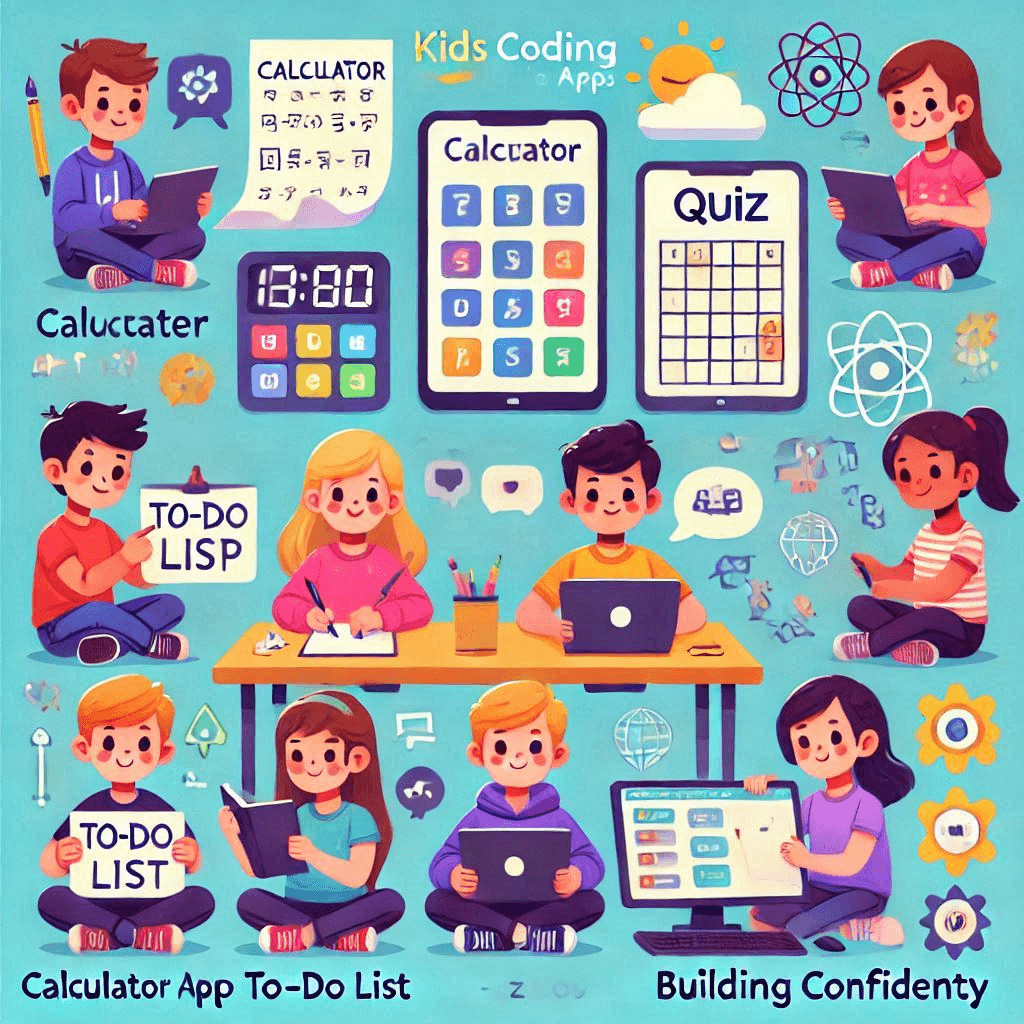
A child interested in weather reports might build an app that shows current data and sends push notifications to update the user on weather changes. React Native lets apps run smoothly on multiple mobile platforms like Android and iOS, making it an excellent tool for app development for kids.
Learning to code a mobile app teaches basic skills, including coding, app design, and mobile app development. With some more programming knowledge and through interactive learning, children can build unique mobile apps themselves. They can share these on portals like the Google Play Store and introduce them to the public, learning how to make an app for kids.
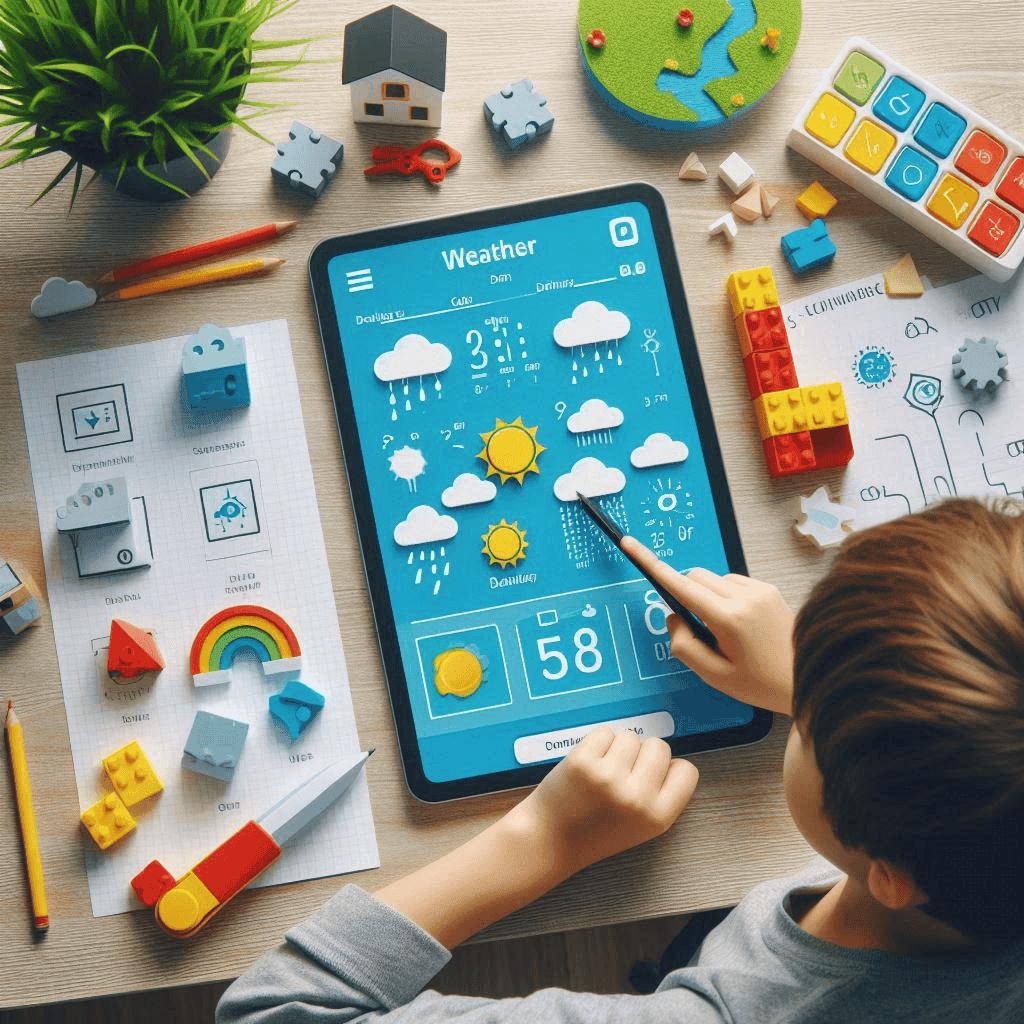
Step-by-Step Process for Kids to Learn App Development
Choose an Idea: Brainstorm fun and practical app ideas.
App development for kids starts with creativity. Encourage children to brainstorm ideas for fun, useful apps that they love. For instance, they could develop an app that logs chores daily. Helping kids connect their app ideas to their hobbies will make the process more exciting.
Learn the Basics of Coding: Start with drag-and-drop platforms like MIT App Inventor.
Get children started with coding in a fun, engaging way. Platforms such as MIT App Inventor and Scratch provide drag-and-drop interfaces that allow novice programmers to build very simple mobile application. These tools train basic coding principles (example sequences, loops, and conditionals) on which future app development can be built.

Design the User Interface: Teach kids to create appealing app layouts.
A great app needs a user-friendly design. Teach children how to design a natural and visually attractive app design. Focus on easy navigation, colourful designs, and simple fonts. Let them discover the impact of casual details like button position/background colors, on the usability of an app.
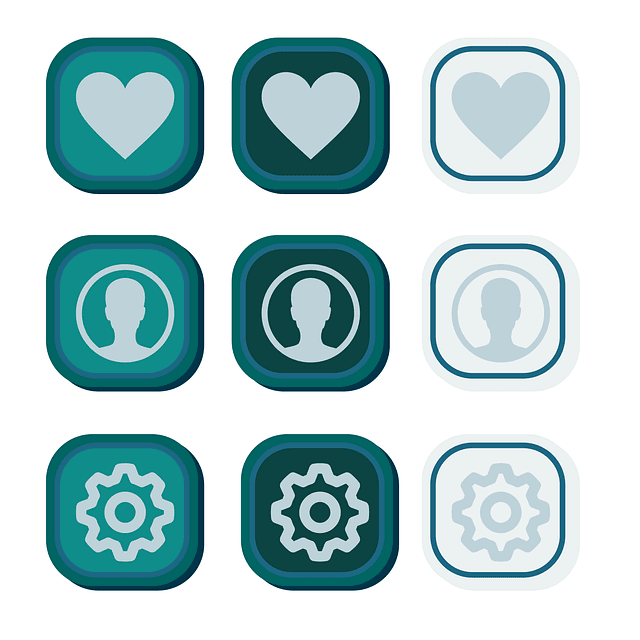
Add Functionality: Show how to integrate features like buttons, animations, and data storage.
Teach kids to design interactive applications by giving them clickable buttons, animators, and data storage.For example, an app could have a feature that stores the high scores of a quiz and a notification capability to let the user know when a task is completed. Through this hands-on practice, children will learn about the development process and how different factors combine.
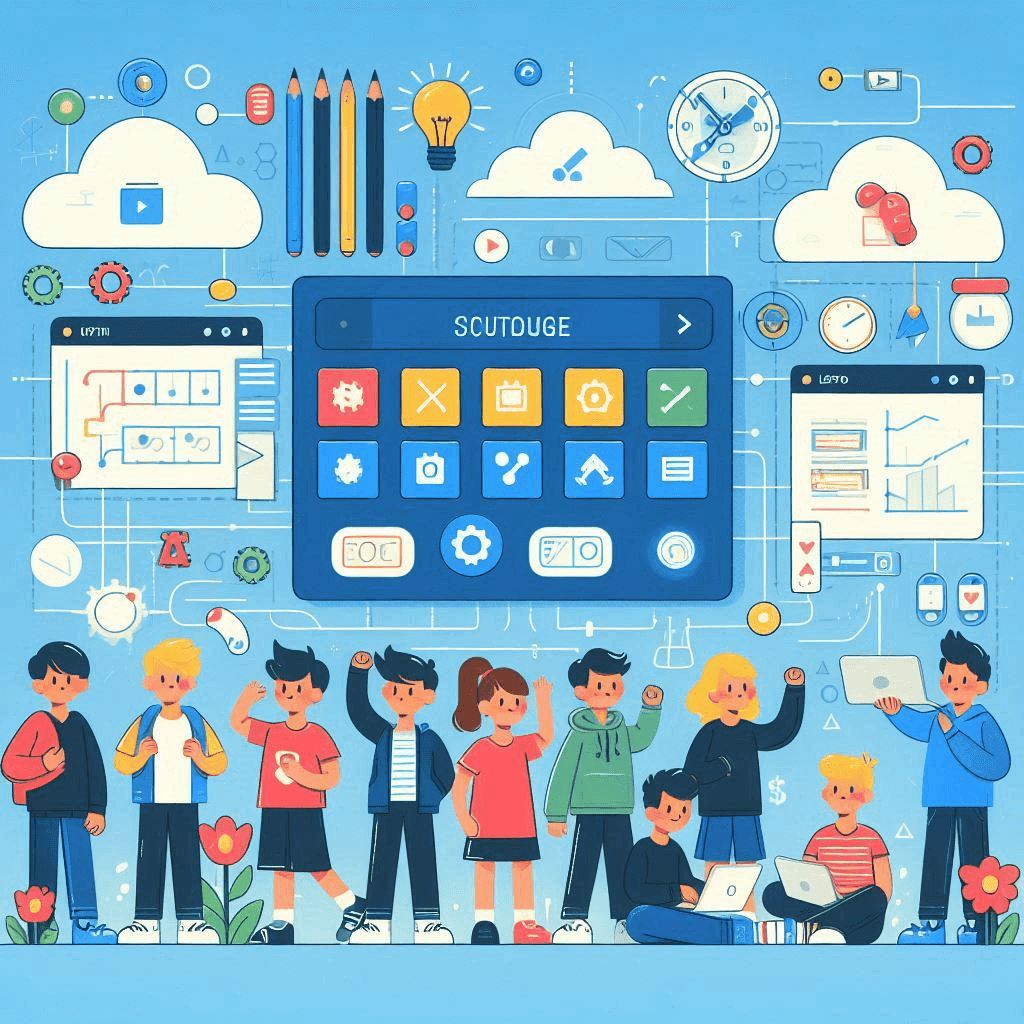
Test and Debug: Emphasize the importance of testing and improving their apps.
Testing is one of the crucial areas for learning how to become an app developer. Get children to test an app on various devices. These are Android devices, iOS mobile applications and Coding. Debugging gives them a knack for problem-solving. They fix things, like corrupted links and misaligned elements.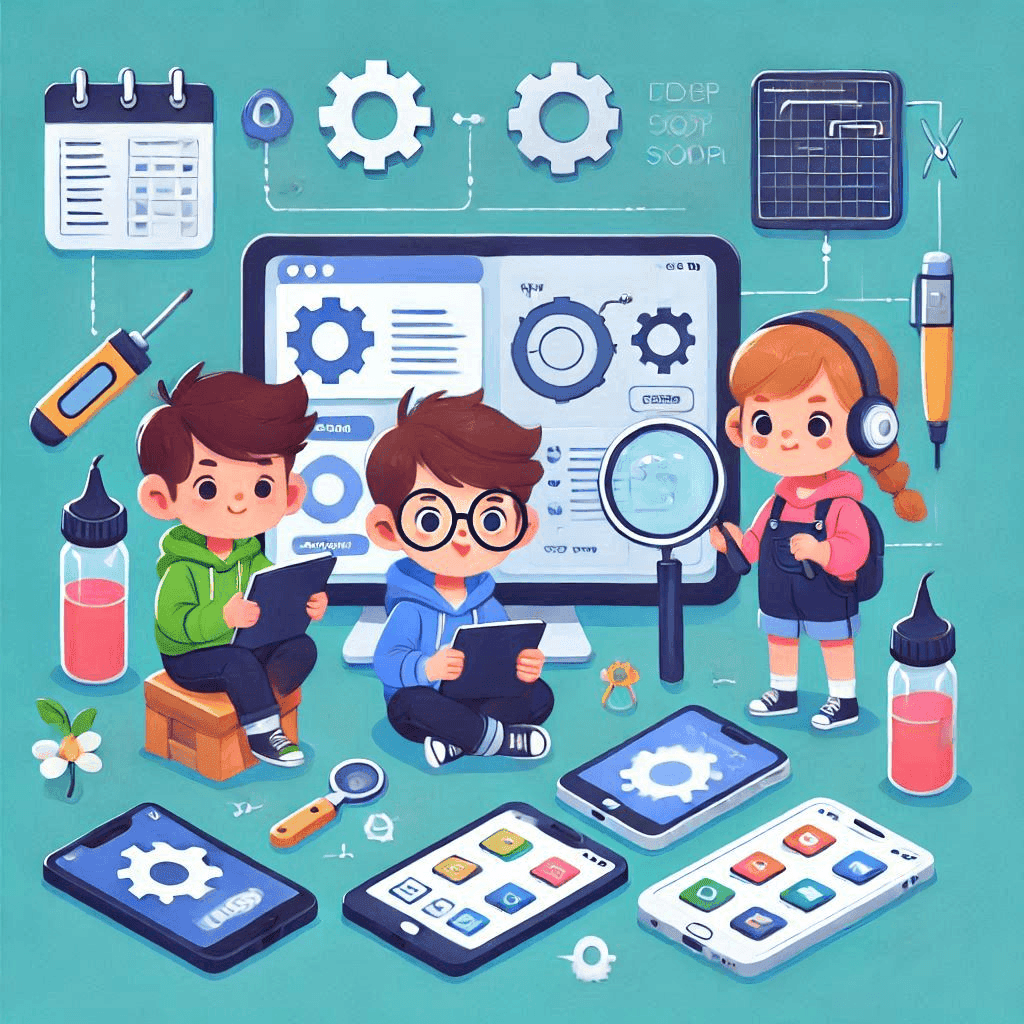
Launch and Share: Encourage kids to showcase their creations to family and friends.
After a child finishes the app, he/she can present it by uploading to family and friends or to websites like the Google Play Store or the Apple App Store. In this stage, their confidence is strengthened, preparing them for further complex tasks.
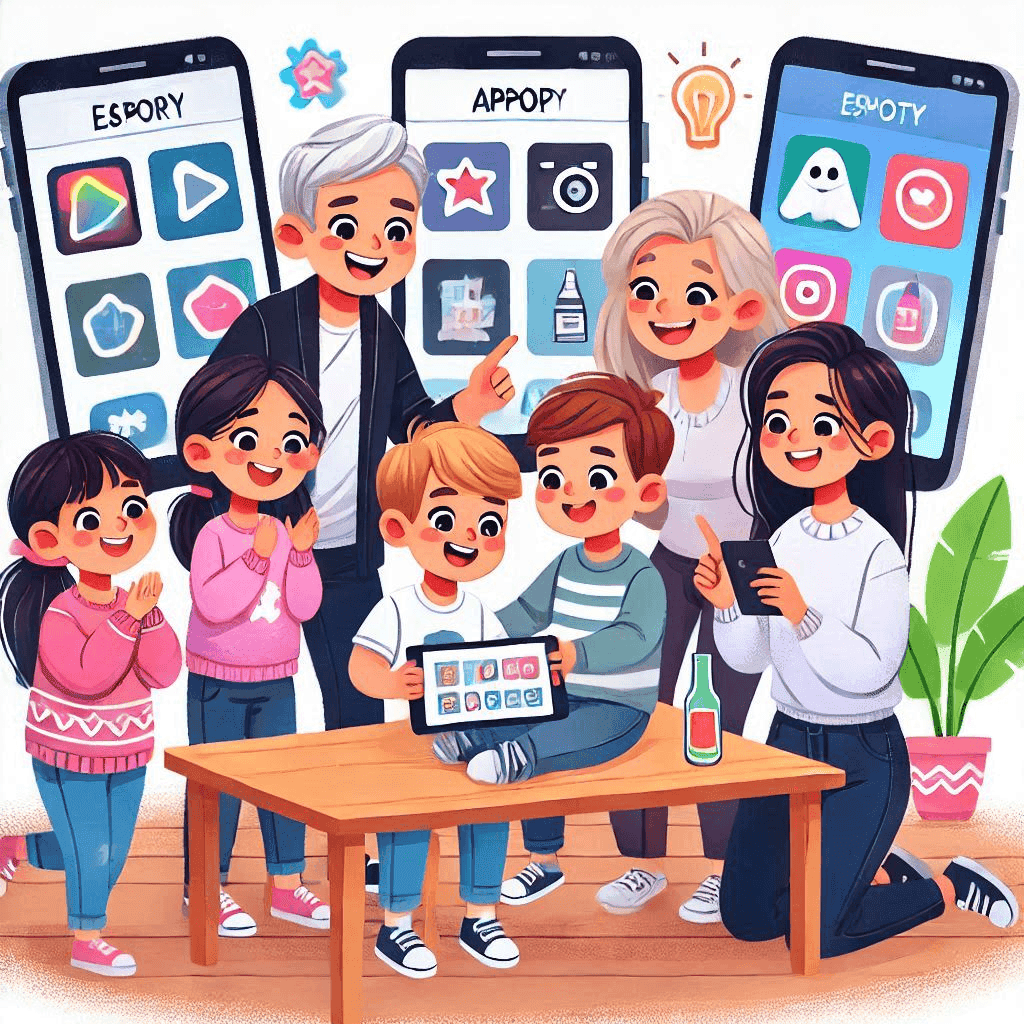
Understanding the Basics of How to Code a Mobile App
Coding a mobile app is an engaging and educational learning experience, even for children, leading them to new horizons for creativity, critical thinking, and problem-solving. If we introduce programming to children in an engaging way, we are enabling young learners to obtain valuable skills entertainingly. This is where app development classes for kids can play an important role.
Starting with visual programming
Visual programming platforms such as MIT App Inventor are well-suited for novice users. These applications exploit a drag-and-drop interface, allowing children to build usable applications without learning to write deep code. Using simple blocks, children can learn some basic coding concepts, which serve as a stepping stone toward app development for kids and even explore how to make an app for kids.
Event handling: Making something happen when a button is clicked.
Data management: Displaying scores or storing inputs.
Screen navigation: Switching between different app screens.
This paradigm reduces the user learning step and therefore helps children to gain coding skill with confidence.
Progressing to text-based coding
When children are first familiar with visual programming, they can then move on to text-based coding languages such as Python and JavaScript. These languages are very popular for real-world app development and there is value for children to gain more from coding like:
Writing code to control app behavior.
Creating custom animations using loops and timers.
Building interactive web apps, that respond to user input.
This smooth evolution allows them to build a strong base before moving on to more complex tasks.
Key coding concepts
Variables
Variables are the building blocks of app functionality. They enable apps to store and handle data (user names, scores, or preferences). For instance, children might use variables to keep track of the score for a quiz game or store a user's input on a form.Loops
Loops make repetitive tasks easier by automating actions. As an example, children can apply loops to achieve animation as for example walking (moving a figure on the screen) or continuous updating of the timer. The ability to learn loops is the key to enabling children to give their apps dynamic features.Conditional statements
Conditional statements add logic to apps, helping kids control how the app behaves under specific conditions. For instance, If the score is 10, show a ‘You Win!’ screen is a basic idea in the development of applications that are interactive and engaging.
Making learning fun and engaging
To help kids understand how to make an app for kids, combine coding lessons with real-world examples. Motivate them to build apps about their passions, like a game, create an app building a task manager, or a novelty drawing tool. By using tools such as React Native or Android Studio, however, children can also be introduced to the professional element of mobile app coding in a fun and engaging way.

Conclusion
Developing apps for children is not simple; it creates critical skills such as problem-solving, creativity, and critical thinking. Early in life, children learn mobile app coding, giving them an advantage in computer science and fostering a growth mindset that will last a lifetime.
Parents can help with the first task of this learning process by enrolling their kids in programs on how to make an app for kids. This will allow them personalized attention, an interactive curriculum, and the ability to use a drag-and-drop programming interface.
Codeyoung makes learning enjoyable and easy to digest for novices and enables them to develop confidence and skills crucial for app creation. App development provides an opportunity for kids to do much more than just create what they dream, it allows kids to realize those dreams. Begin today, and witness your child take an adventure into the realm of code and invention.
Mobile App Development for Kids - FAQs
How can mobile app coding enhance creativity in children?
Mobile app coding allows children to translate their imaginative ideas into reality. Through app development classes for kids, they can express their preferences and develop apps for their own purposes and areas of interest.
E.g: A child can model the UI of an app. It will be an interactive game, a learning tool, or a problem-solving tool. This process fosters critical thinking, problem-solving, and innovation. The fun development process of applications fosters creativity and its growth.
What tools are best for kids to start learning how to code a mobile app?
Beginner-designed tools like MIT App Inventor, Scratch, and Thunkable are great for children. These platforms, in turn, are commonly built with simple, drag-and-drop interfaces. They are easy to understand and develop, making them ideal for app development for kids. Children can start mobile app coding before they grasp advanced programming, allowing them to focus on the experience of building apps.
Tools like React Native or Android Studio may then be introduced. These skills may let them create mobile and web apps for Android and iOS (multiplatform), helping them understand how to learn app development at a deeper level.
How do children benefit from learning how to make an app for kids?
Learning app development for kids boosts a child's logic, coding, and problem-solving skills. It also helps them understand the whole process, ranging from brainstorming to software development. Building apps based on their interests helps kids feel successful and confident. They also develop key skills. They include basic programming, creative thinking, and app store rules for their apps.
What are the key skills kids need to develop for app development?
For successful app development for kids, children need creativity, computational thinking, and tenacity. Basic programming is necessary to understand programming languages and the software tools used for mobile app coding and application development.

Proficiency in tasks such as arranging an app interface, managing push notifications, and using in-app purchases are likely to become increasingly important as they move forward. This additional skill helps students work through problems and improve their applications, making app development for kids a valuable learning experience.
How do parents support their children in learning app development for kids?
Parents play a key role in fostering their child's app development for kids journey. Giving access to coding books, online tutorials, and tools such as Kids App Maker helps establish a strong foundation. Enrolling children in app development classes for kids provides structured guidance and individual attention.
The positive reinforcement of minor successes and positive fostering of learners motivates them to learn more. Managing screen time effectively ensures a balanced learning experience.
What is the easiest way for kids to learn how to code a mobile app?
Visual programming with tools such as MIT App Inventor and Scratch offers an accessible way for children to start coding. These platforms introduce mobile app coding through a graphical user interface with drag-and-drop functionality, making the process intuitive.

Guided (classes or tutorials) where learning to code is an exciting, interactive activity combined with lively programming is also valuable for children to learn to code at a young age. The first two steps on this path are having an internet connection and browser and wanting to begin coding.
What career opportunities can app development open up for kids in the future?
Apps for adults have made kids eager to join tech. Skills in app development for kids can open new opportunities. They include software engineering, mobile app coding, UX/UI design, and business startups. Creating apps in childhood could let kids build a work portfolio. It could help them show their skills to future employers or investors. App developers are often innovators. They create new solutions for the market. So, this is a good skill area.
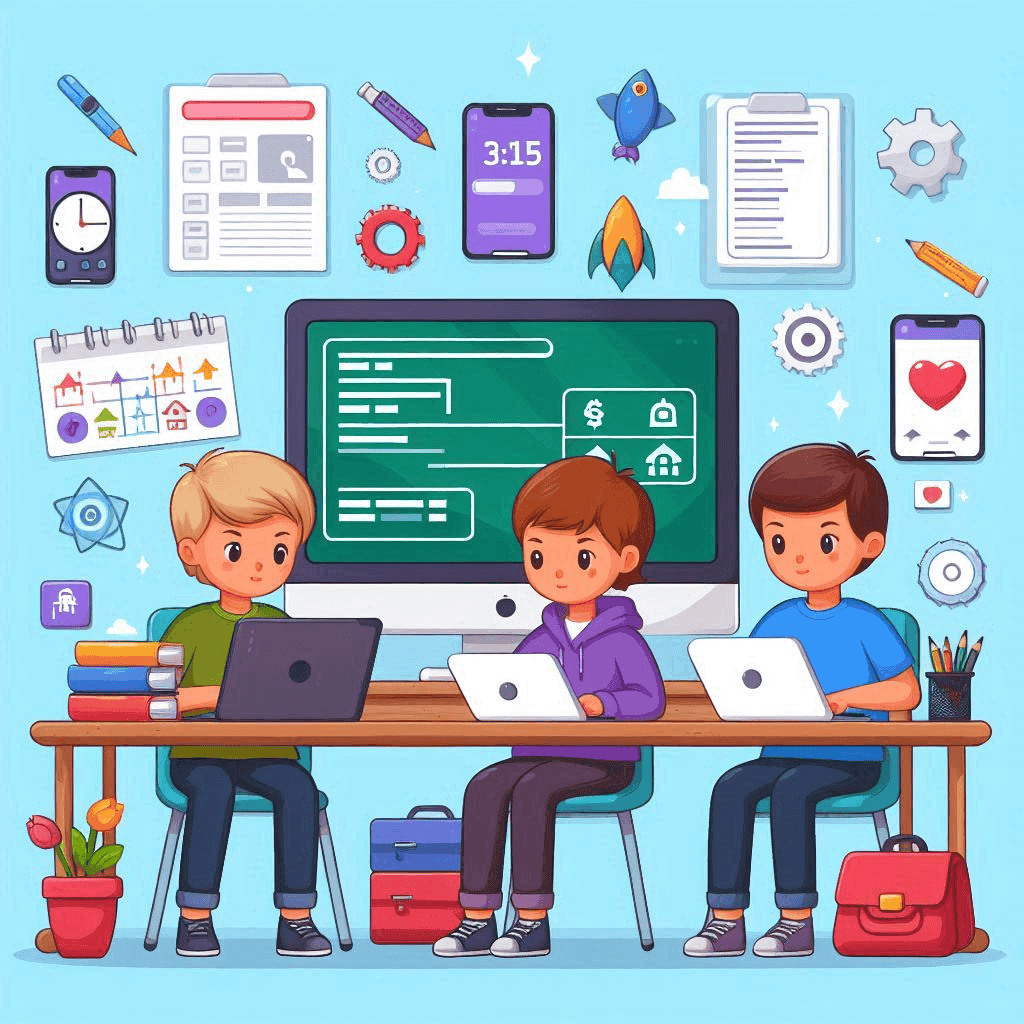
With the right tools and guidance, children can start their app development for kids journey. They can begin a career in app development, fulfill their potential, and gain skills for their future. App development classes for kids promote learning, building creativity, problem-solving, and technical skills.
Comments
Your comment has been submitted